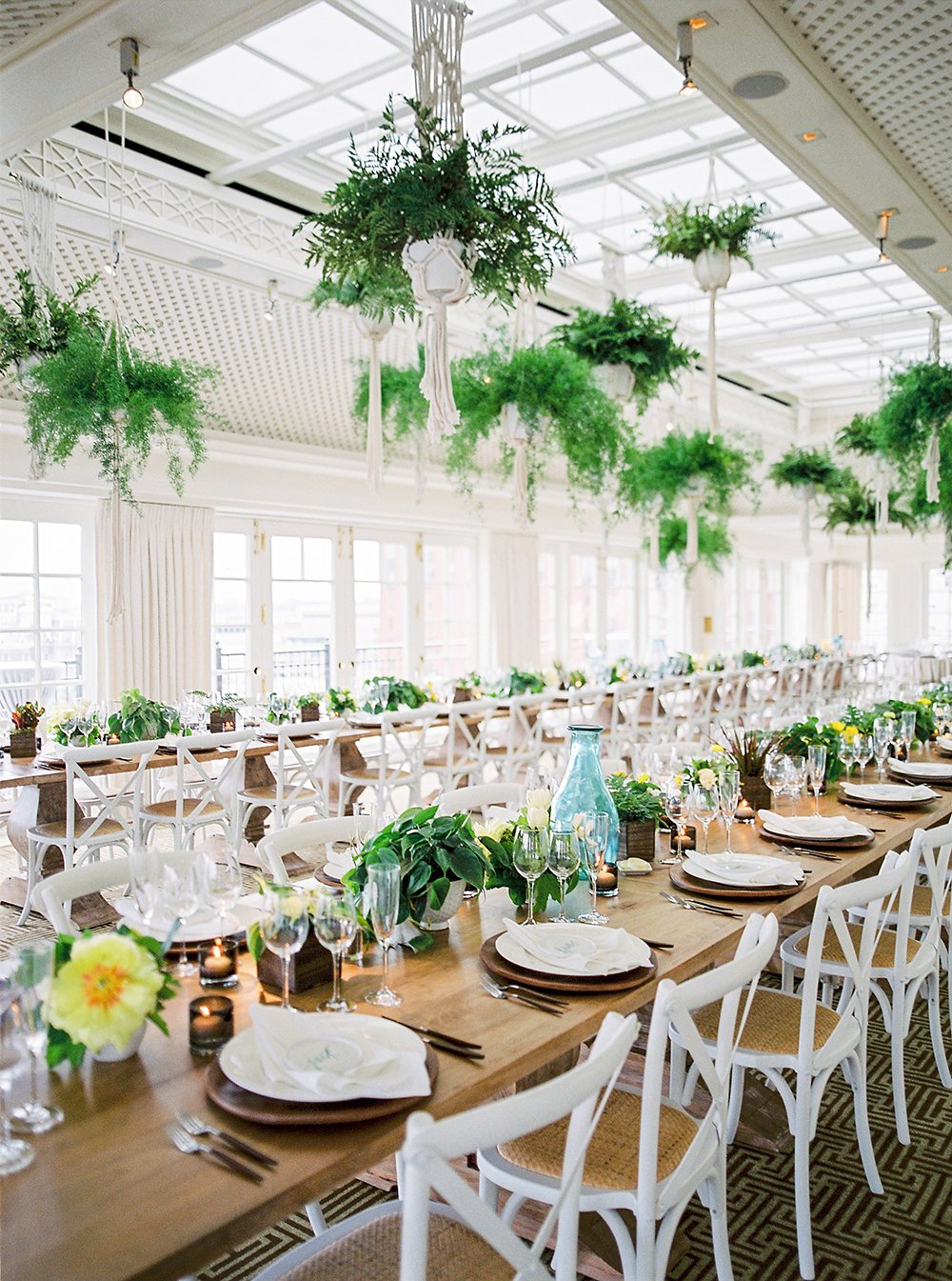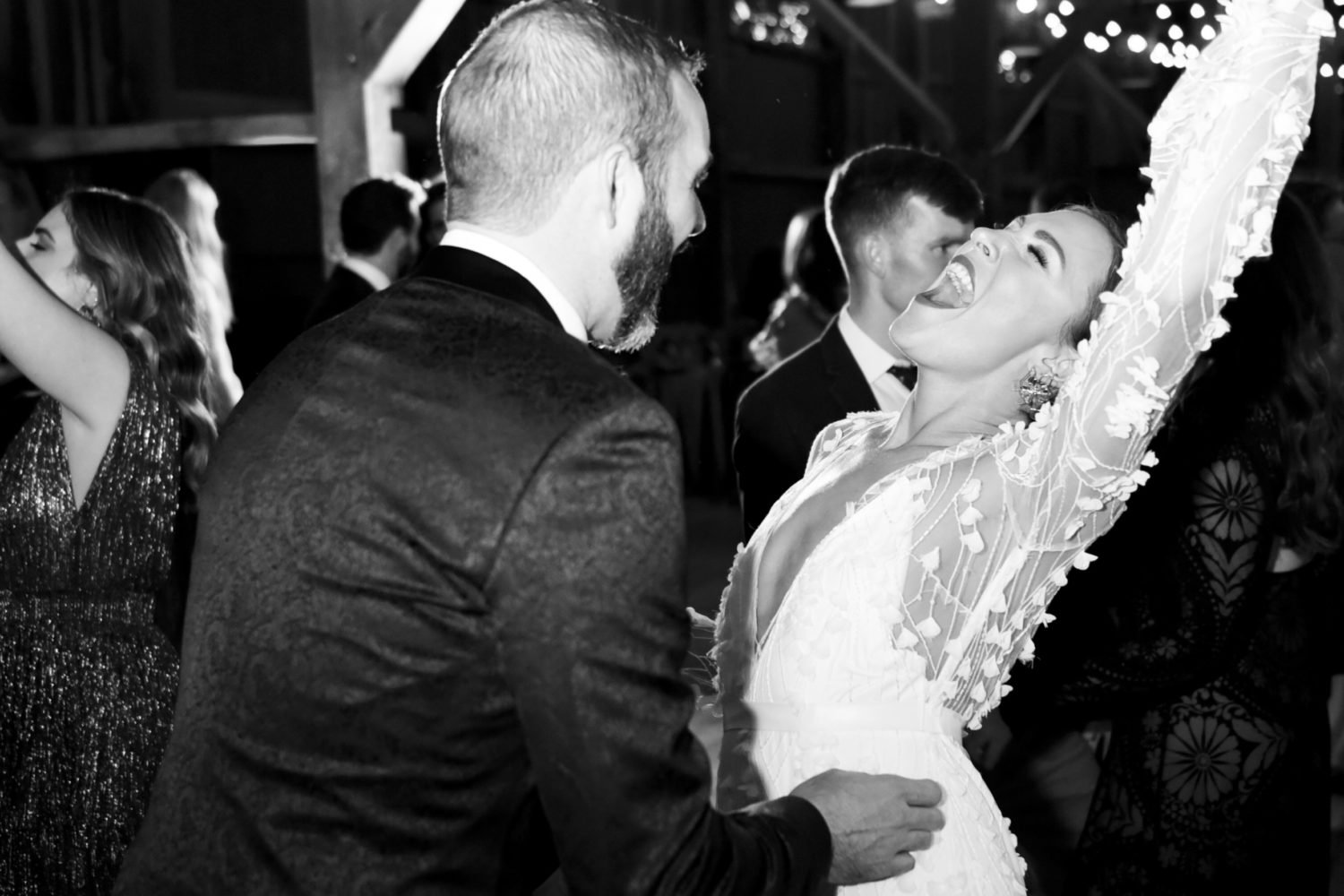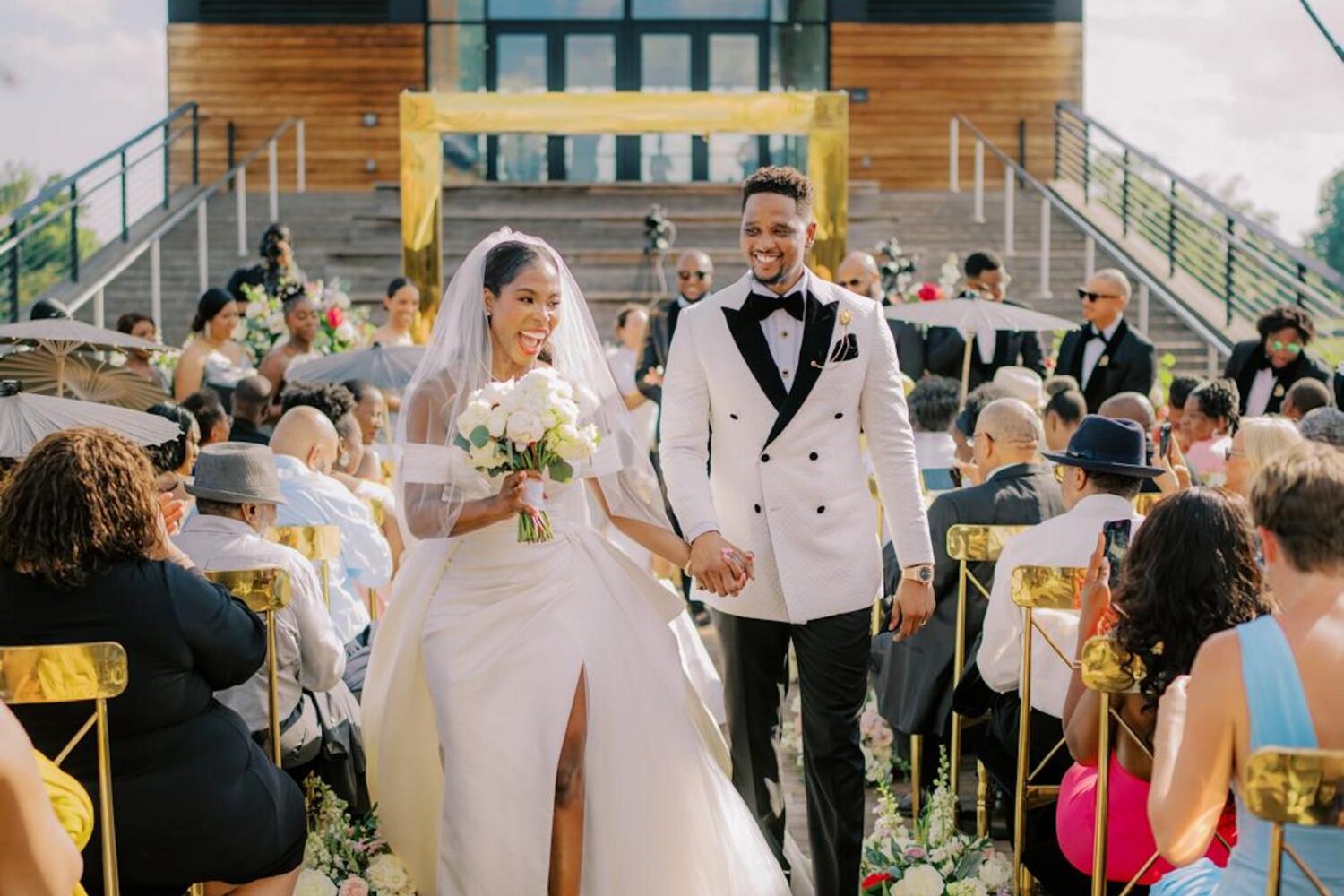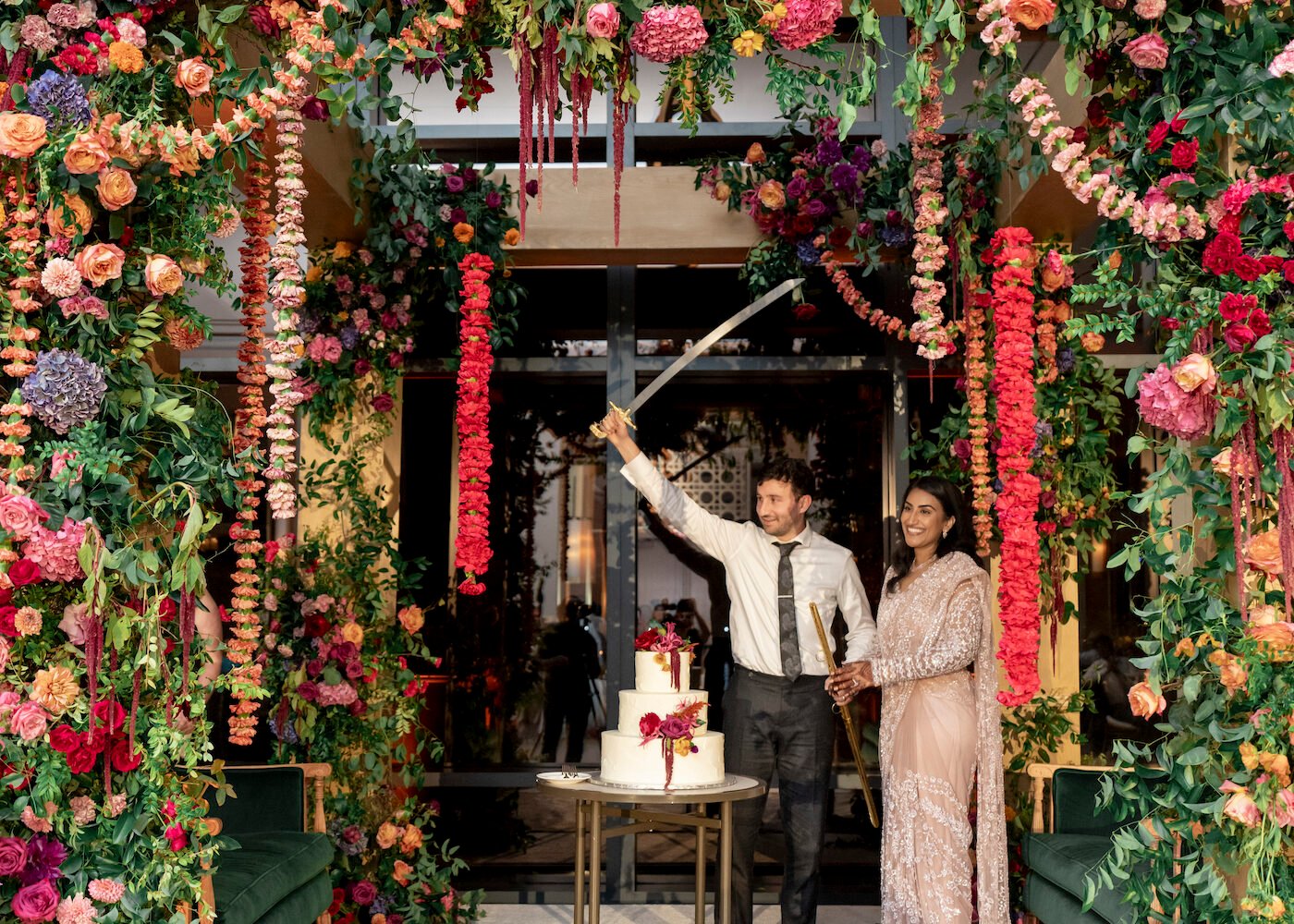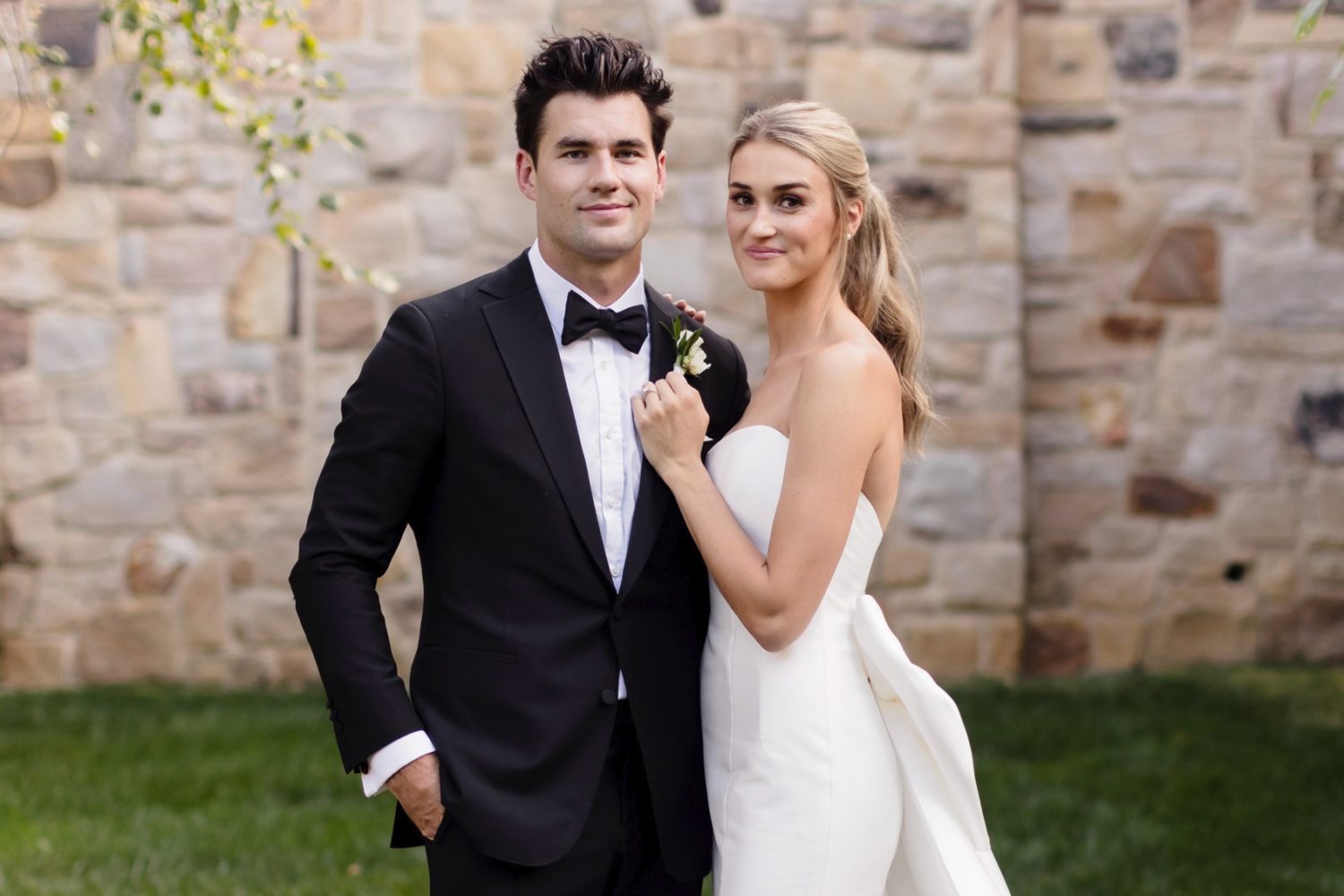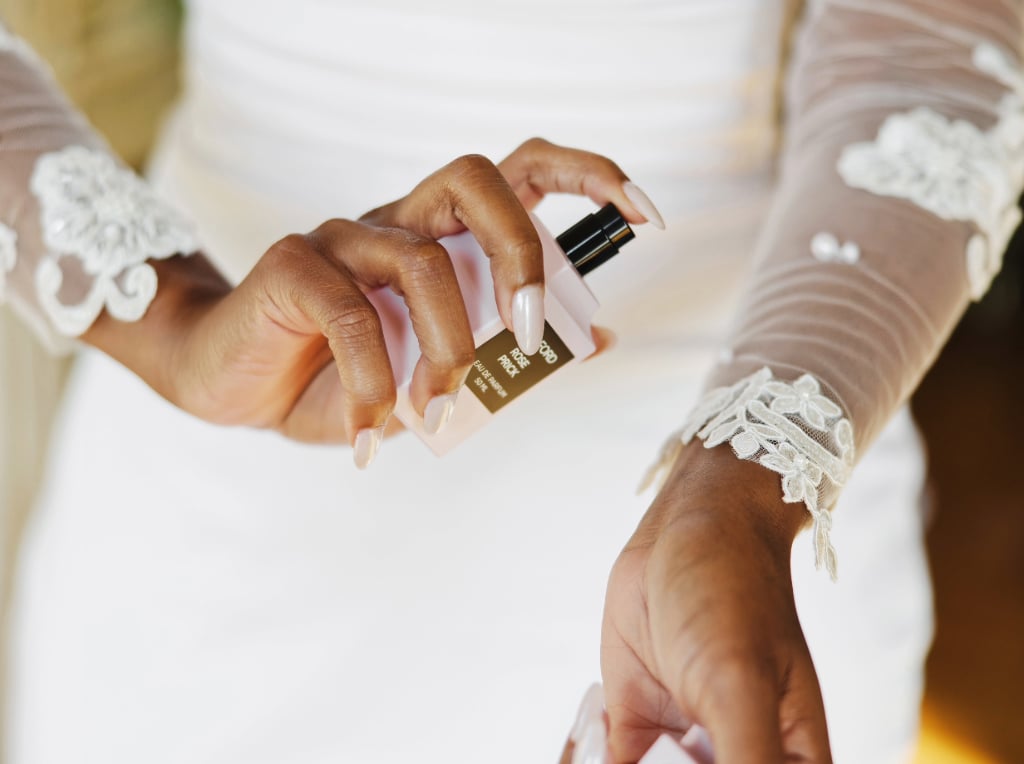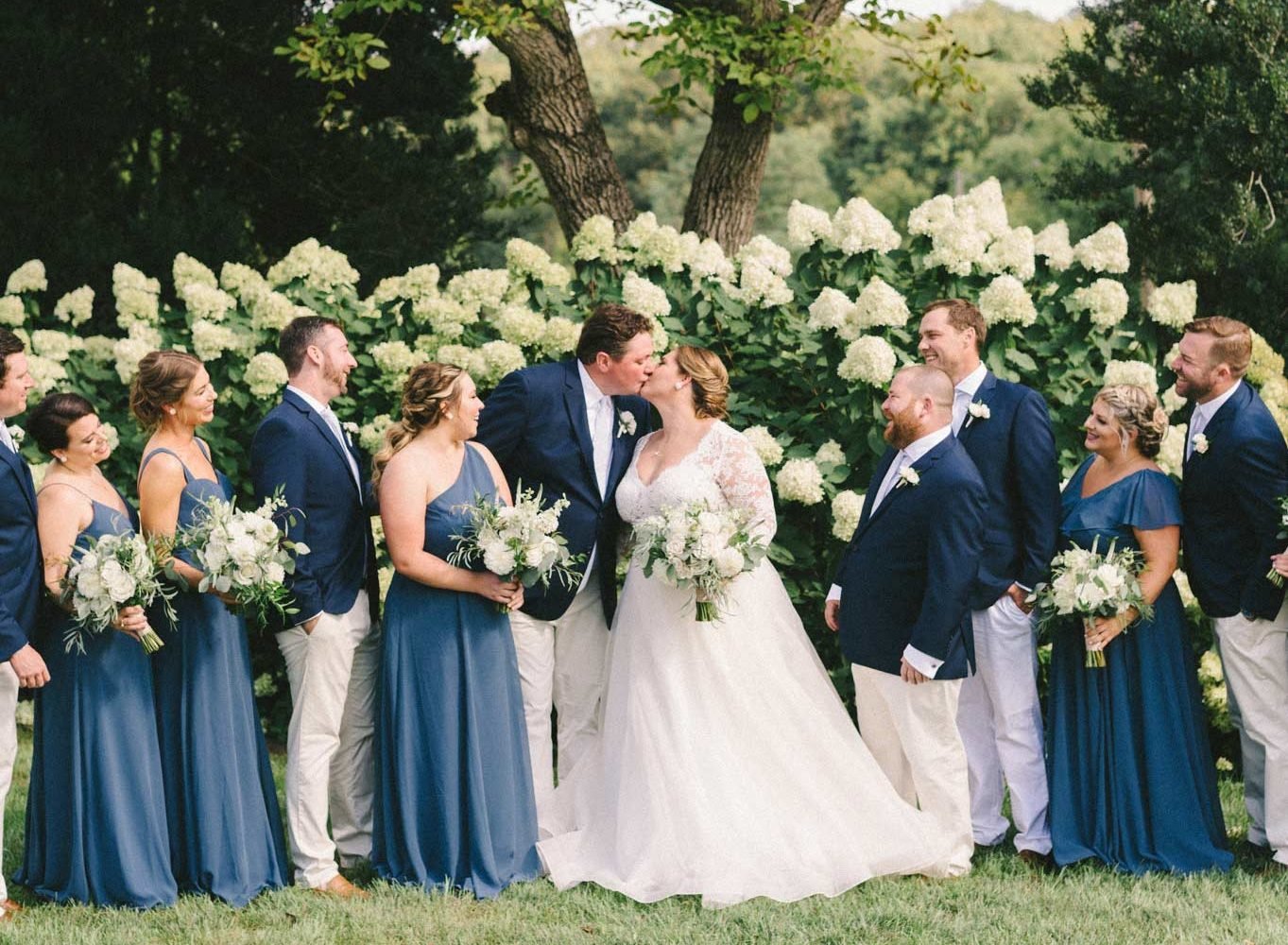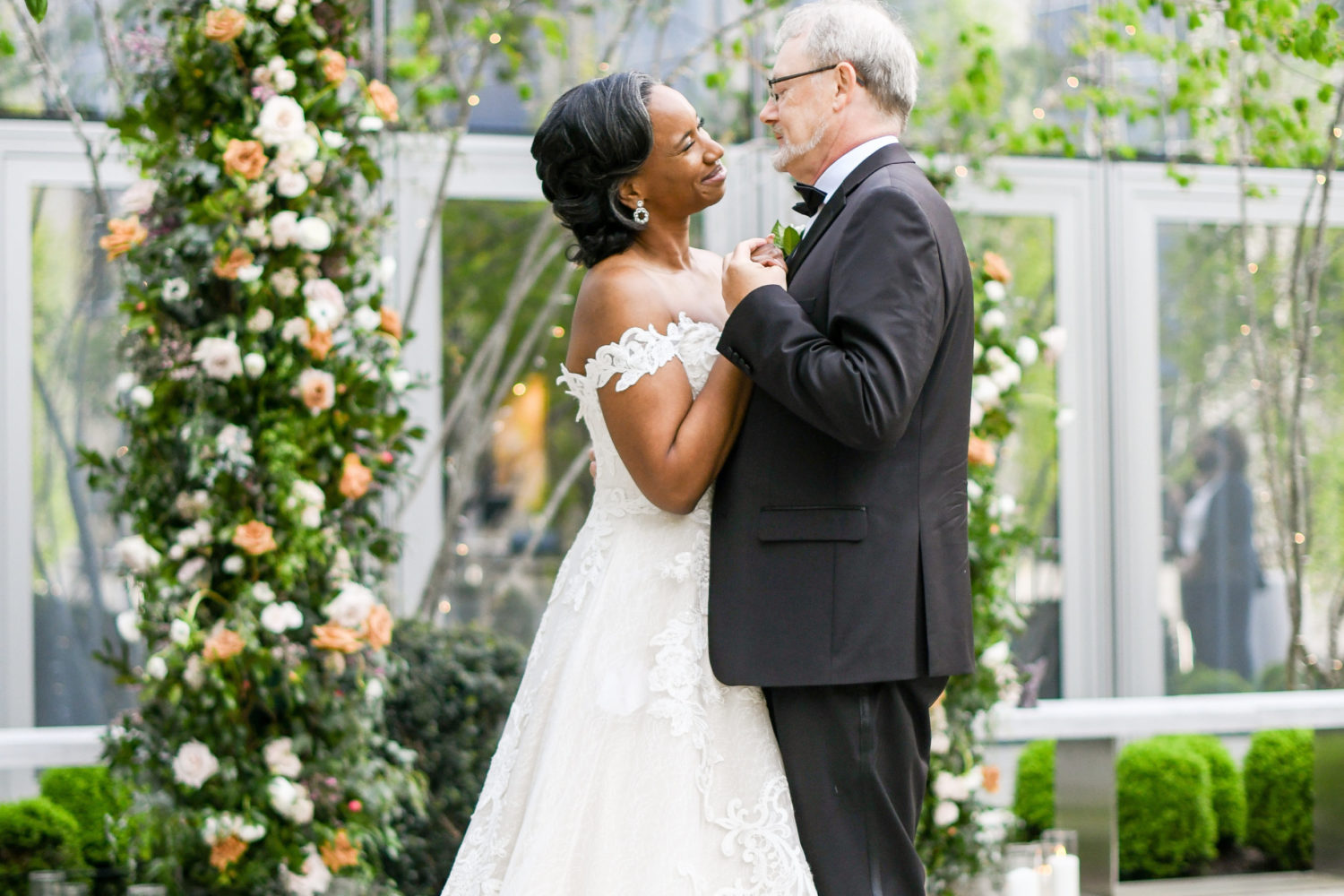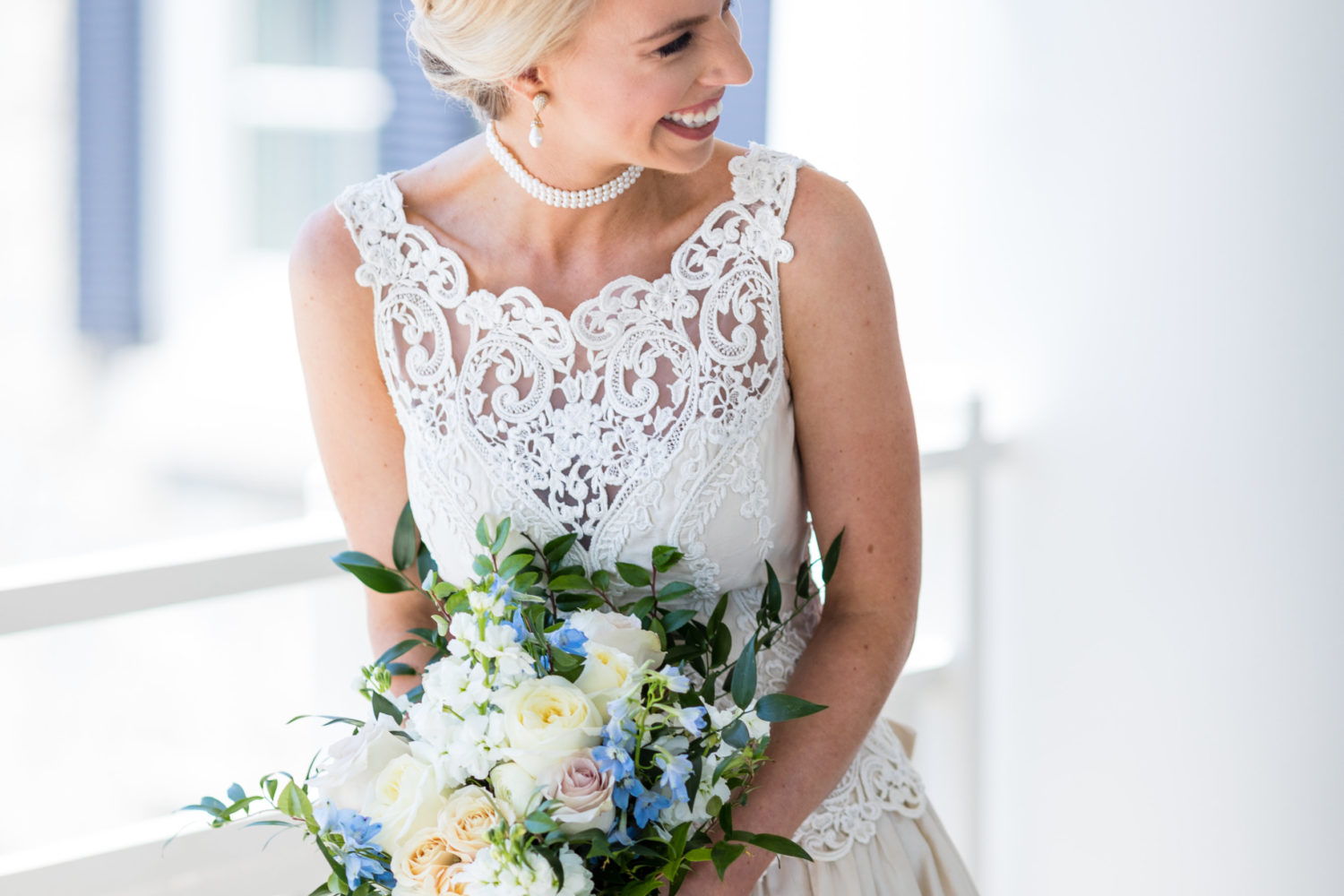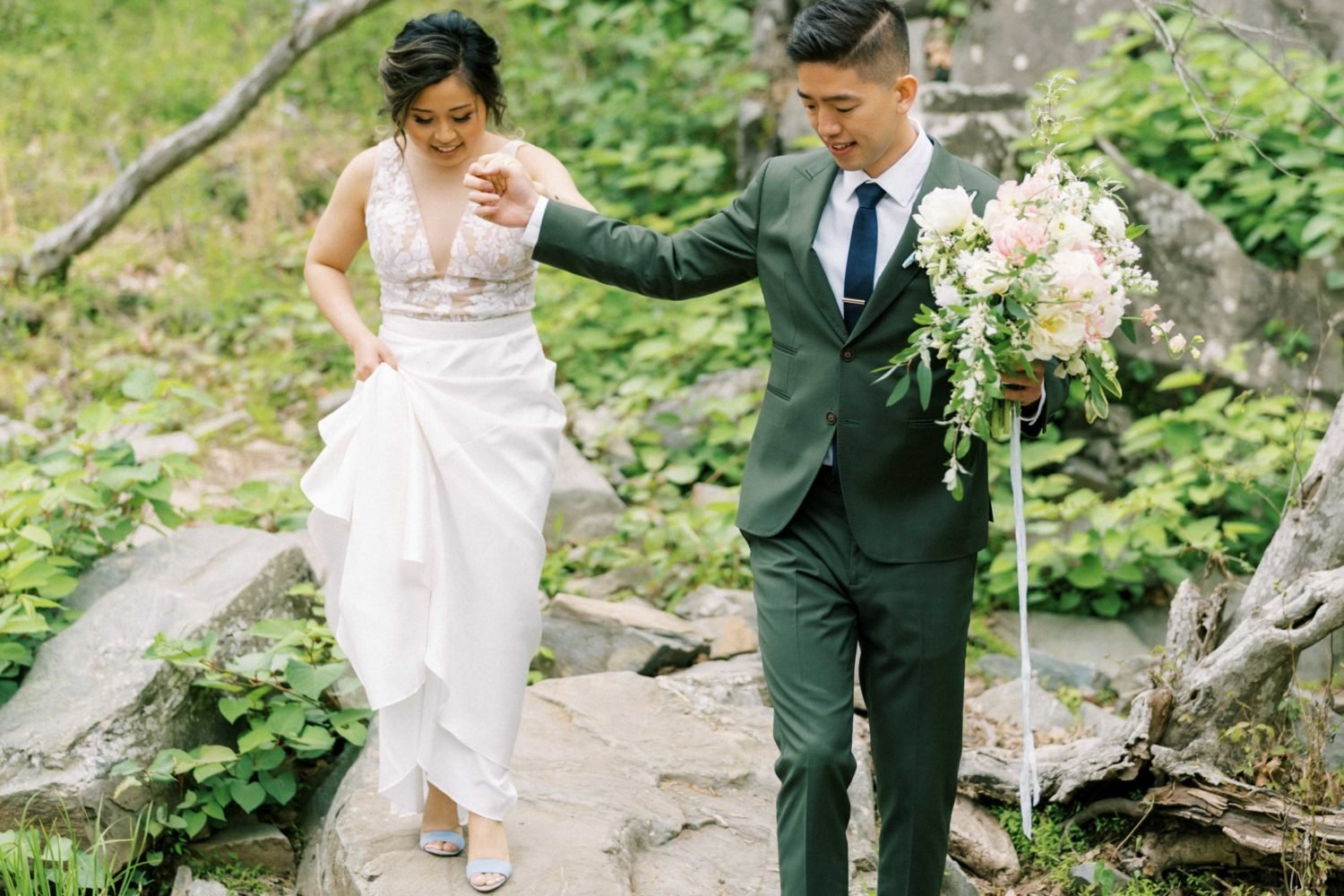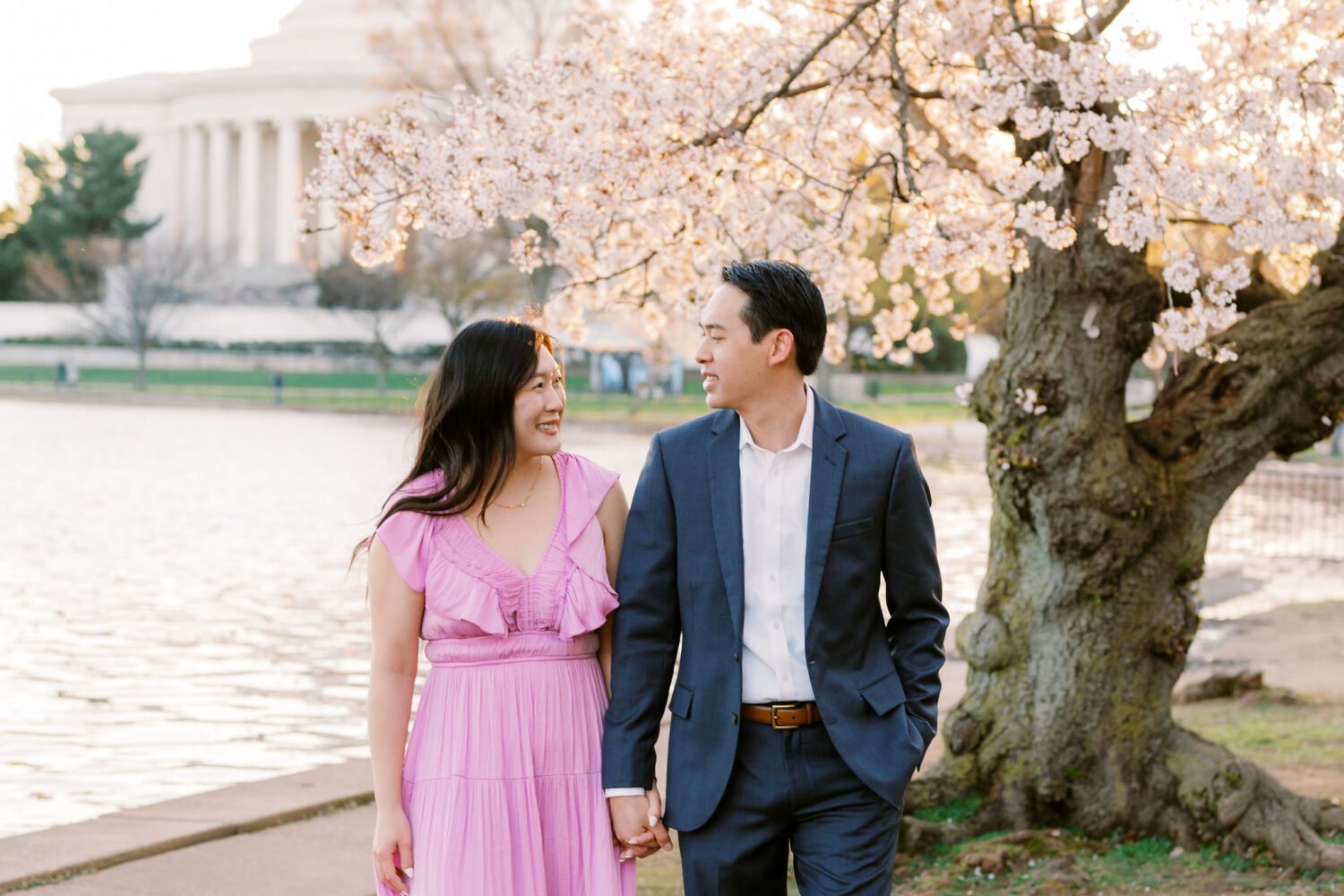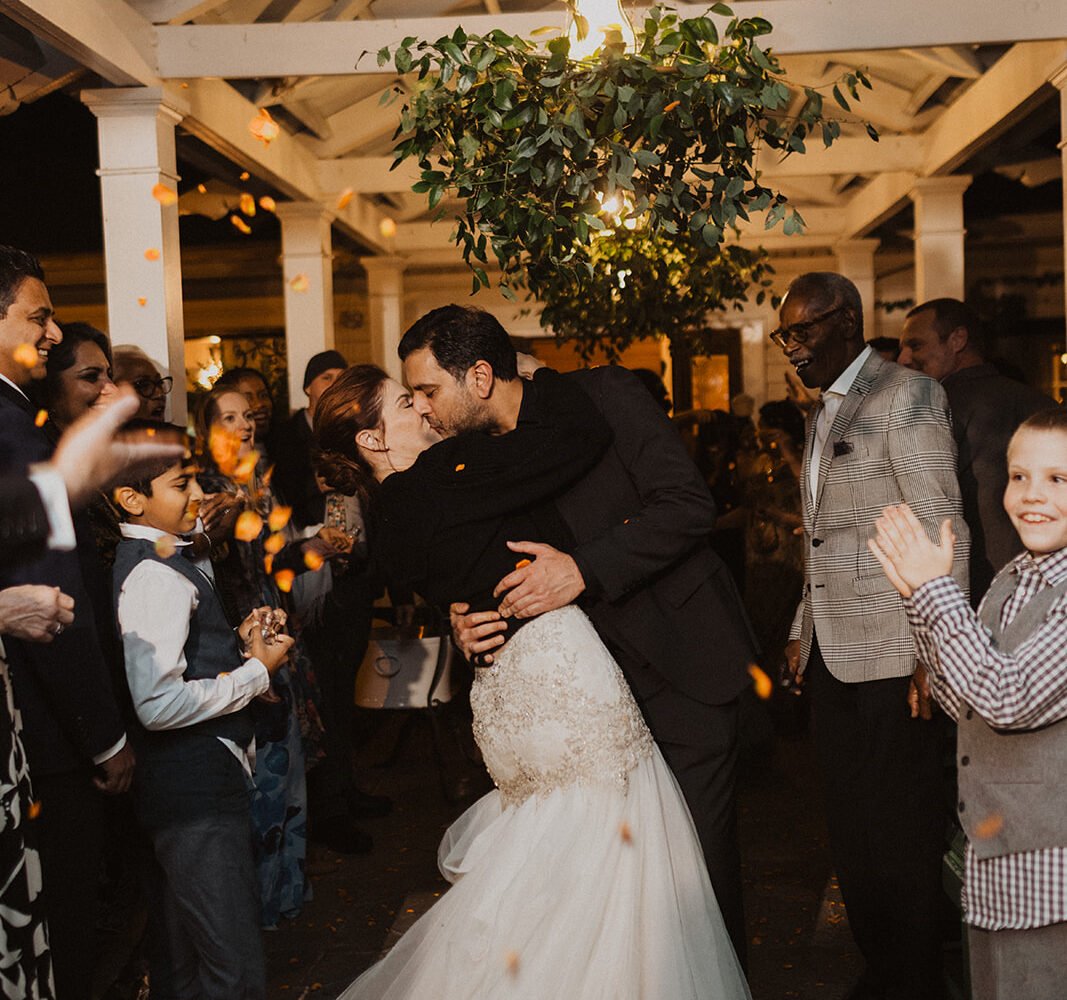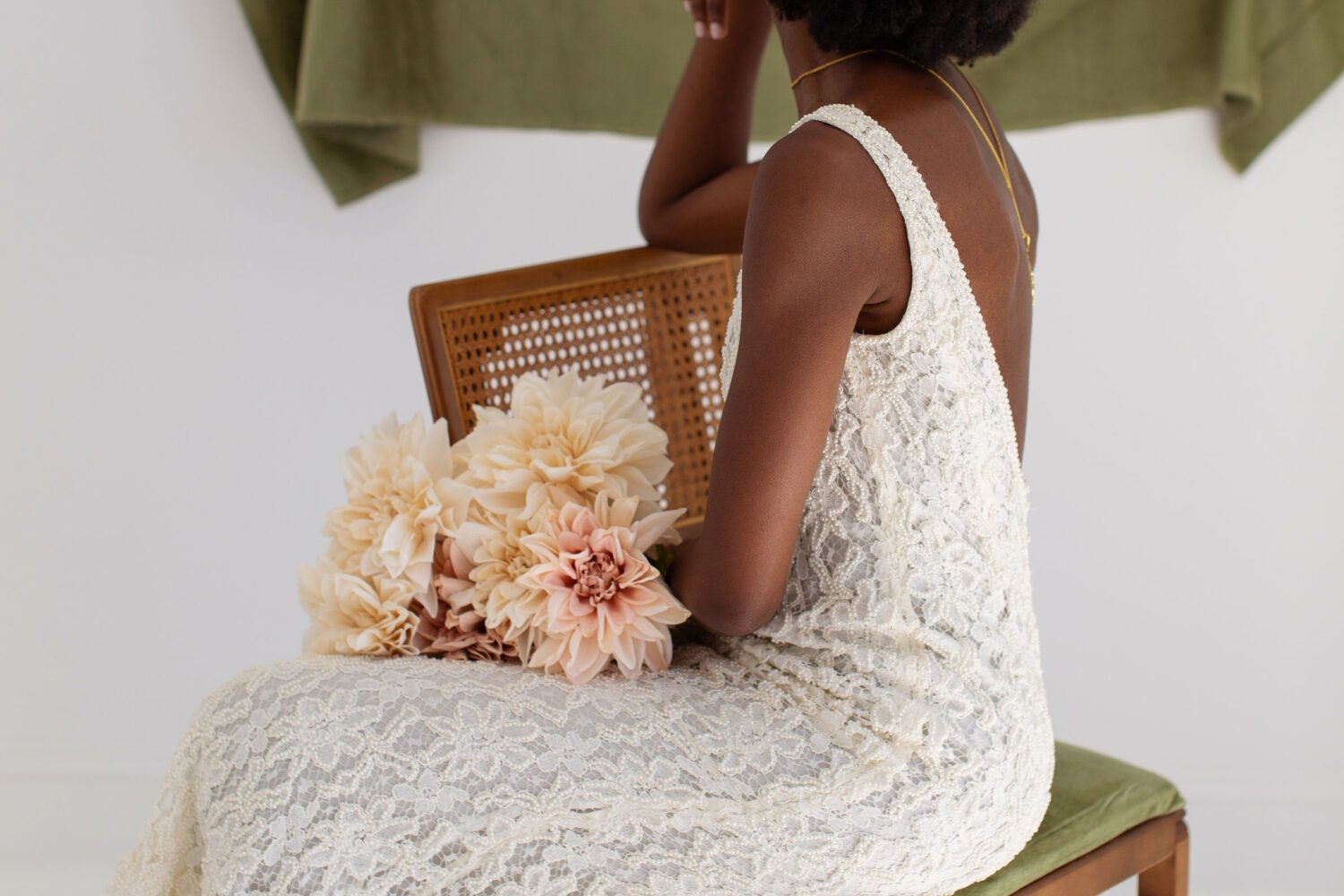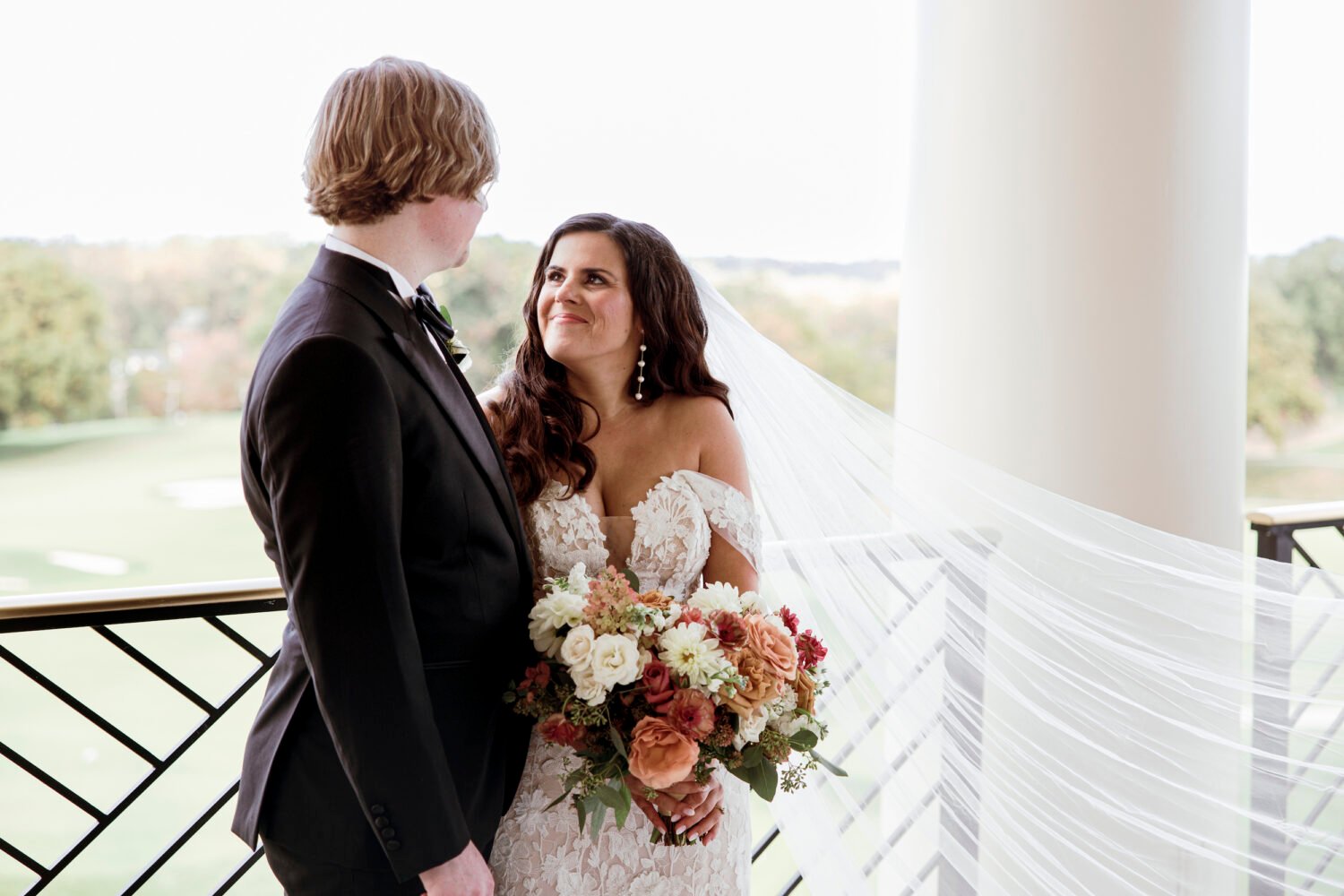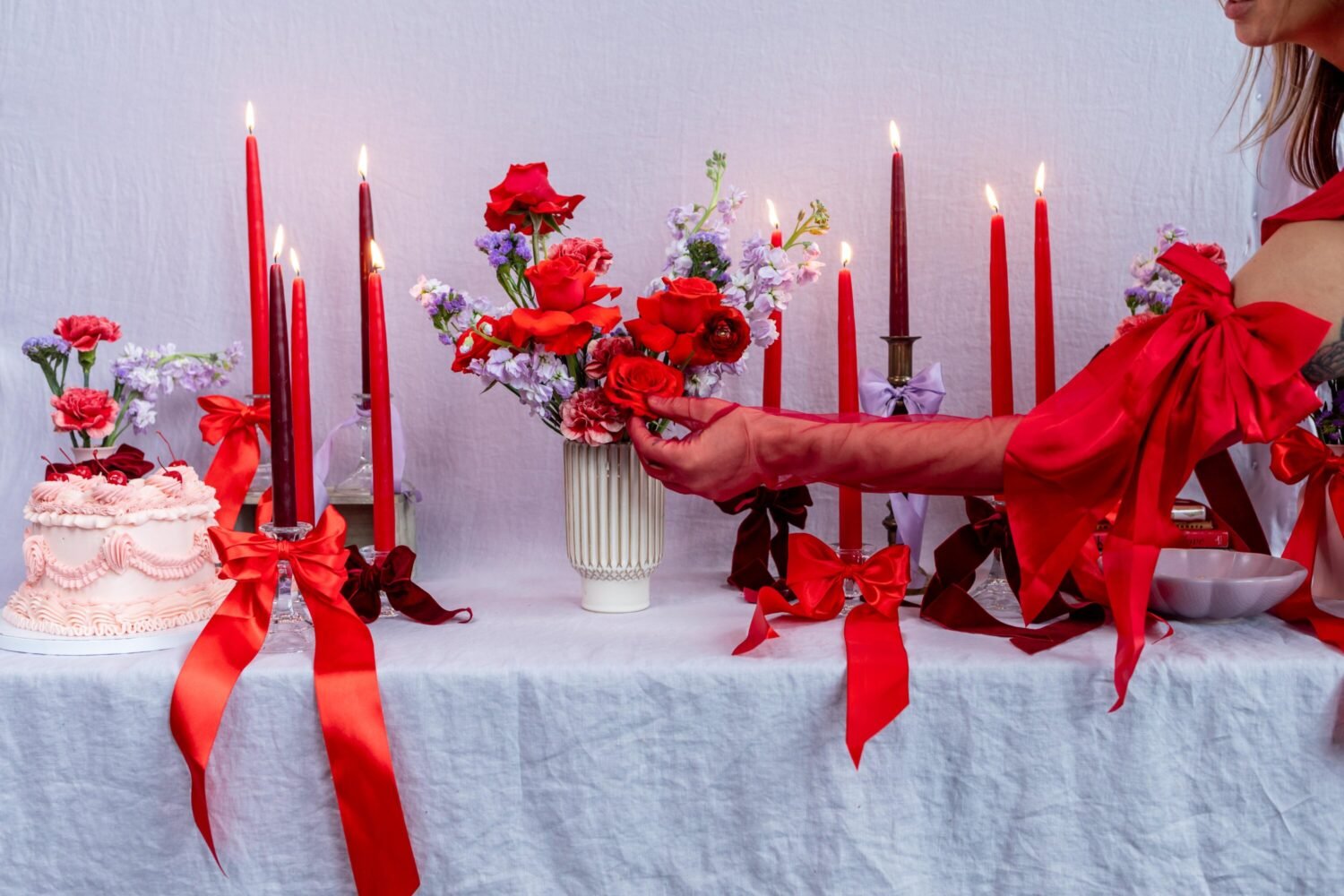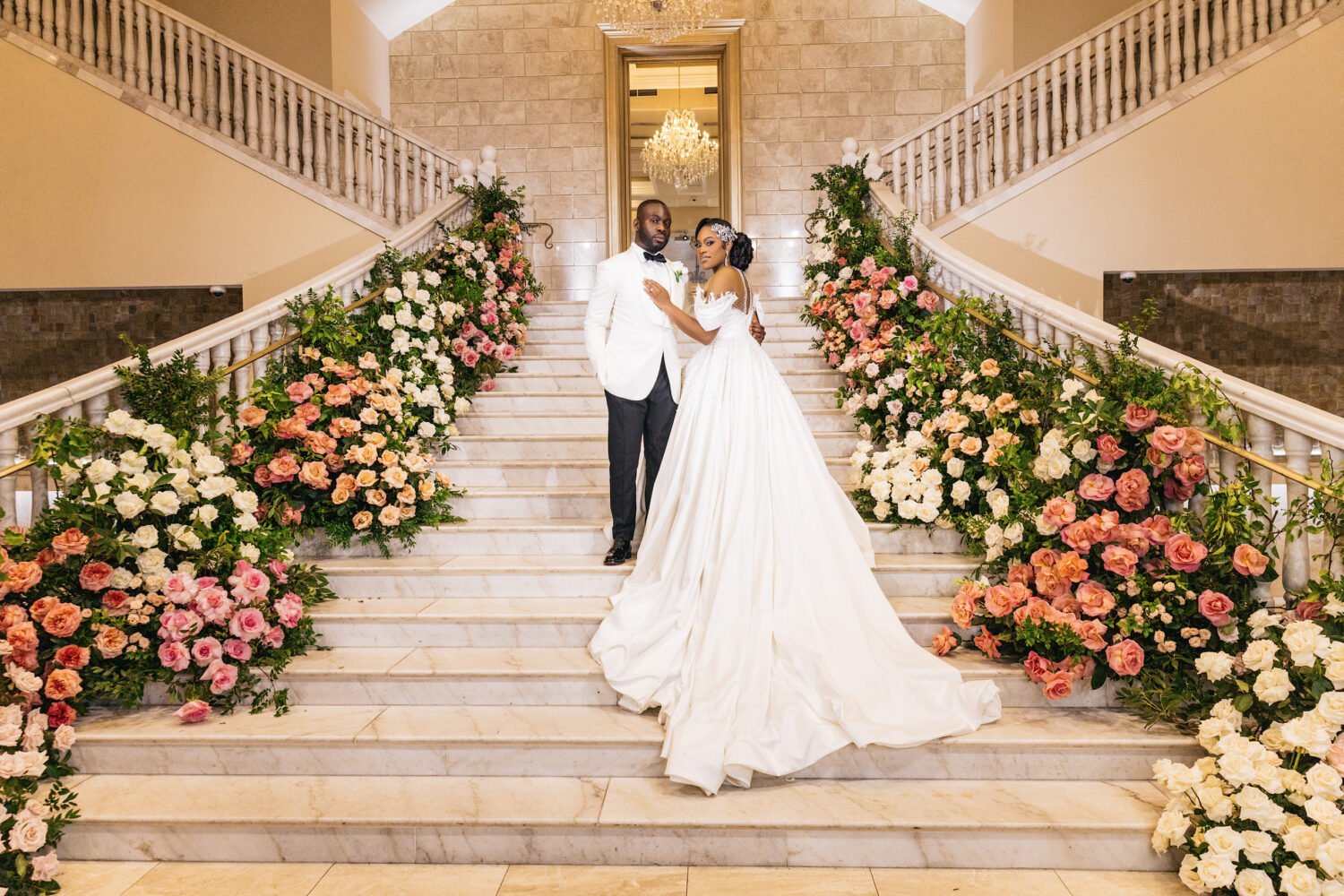Sustainability. The movement is changing everything about weddings, and DC-area pros are making positive strides in all corners of the industry.
Planning
Kawania Wooten and her team at Howerton & Wooten Events worked with a couple who prioritized sustainability. Among other initiatives, they chose a venue near their guests to reduce travel, composed a vegan menu from a green-certified caterer, crafted their huppah with materials passed down to them, and asked guests to supply their own kippahs and donate any extras they had on hand. Evoke Design & Creative prefers to work with local vendors, particularly for destination weddings. “Sourcing local means less of a global footprint,” says president Jeannette Tavares. The planning company also transports supplies in reusable “green” boxes and discourages excess printed materials. Eliminating paper menus and instead having the components recited by the chef, for example, creates a compelling moment.
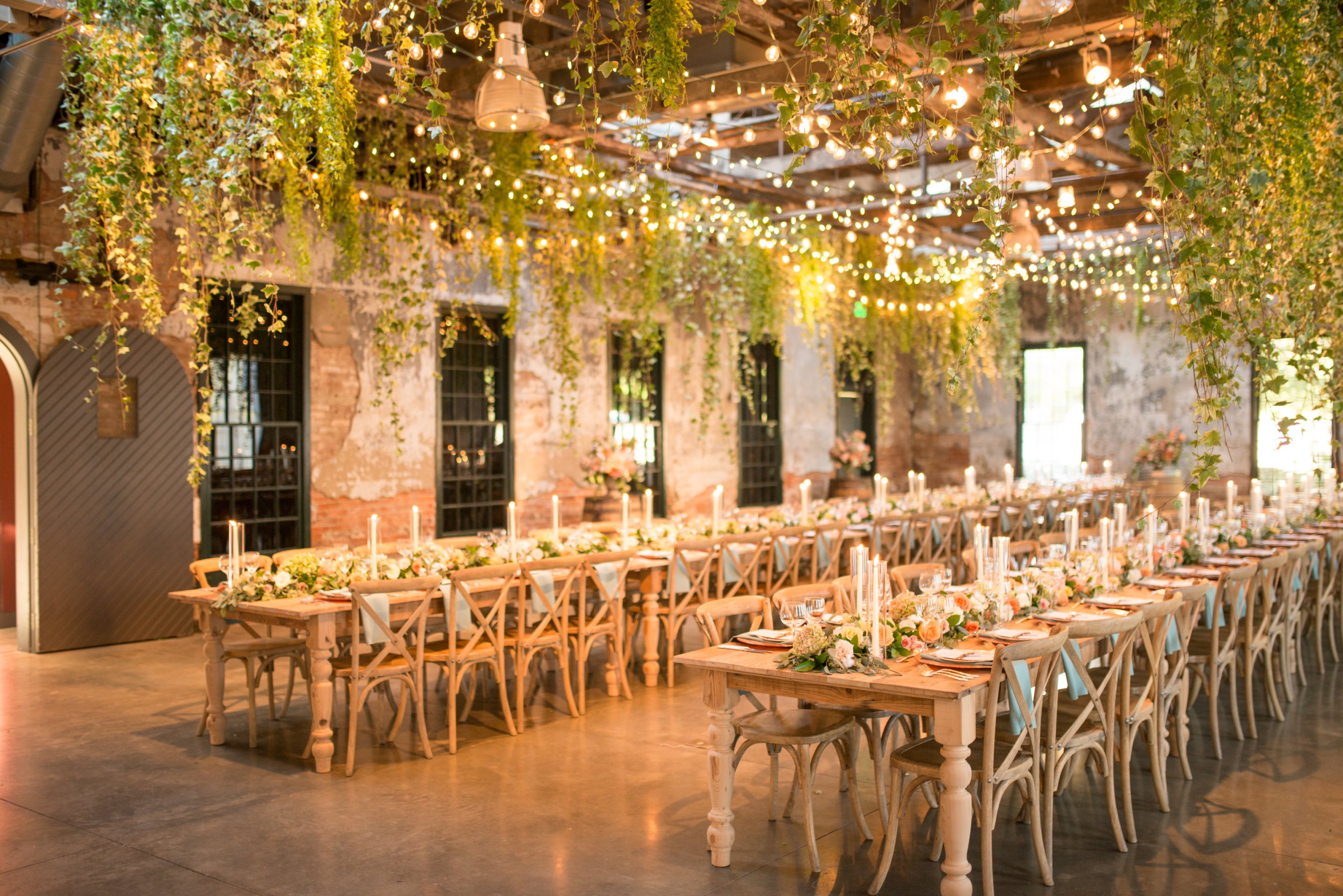
Rentals
Something Vintage Rentals founder Dawn Crothers says that reducing waste and energy use is a concern couples often ask about. For its part, the company has been committed to sustainability since 2012, building its dining tables and bars from salvaged and reclaimed wood. Staff also cover bar tops for delivery with mover’s blankets instead of single-use plastic wrap.
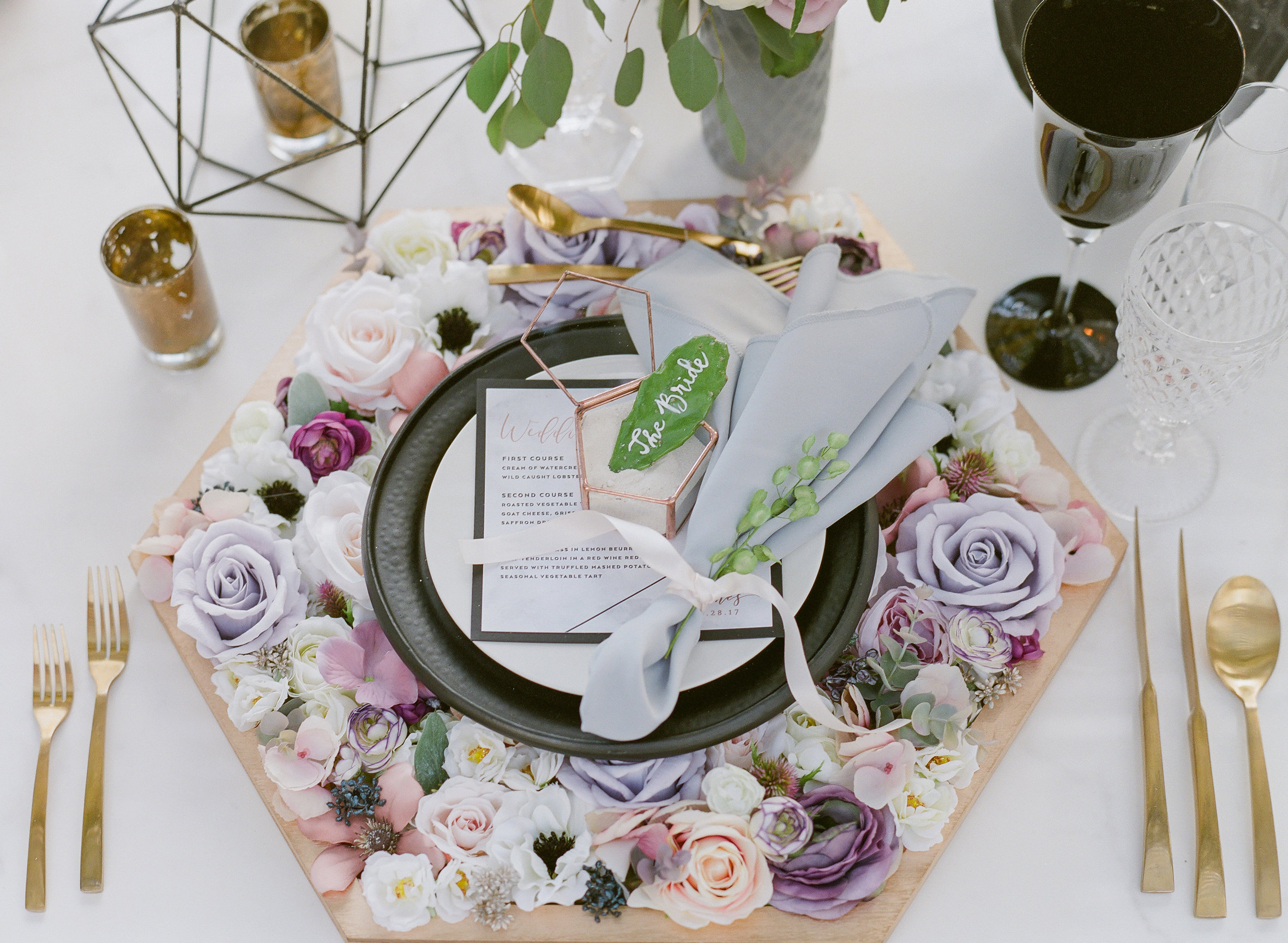
Catering and Dessert
Heirloom Catering & Event Design founder Vicky Theodorou suggests that couples look for a caterer that buys regional seafood—such as from DC’s Wharf fish market—and designs menus around seasonal fare. One example of Heirloom’s sustainable outlook: displaying a locally sourced menu and place cards made with locally grown cactuses and beach sand, atop custom no-waste base plates of organic silk flowers and reclaimed wood by Brightly Ever After. Root & Stem Catering has several “green” initiatives—and certifications—that include buying environmentally friendly ingredients, composting food waste, and recycling. One easy way to curtail waste: Double-check the guest count, suggests Tiffany MacIsaac, owner of Buttercream Bakeshop. “It can be easy to over-order.”
Florals
Bespoke florist Holly Chapple is determined to reduce the amount of floral foam used in her industry. “It’s a huge ordeal because of microplastics,” she says. “The product ends up in the landfills and eventually breaks away. And that ends up in our watershed.” To eliminate the need for foam, Chapple developed a line of armatures made of reusable and recyclable plastic for bouquets and centerpieces, in addition to products for floral installations, all available wholesale as well as on Amazon and at Hobby Lobby. Chapple teaches foam-free floristry worldwide and uses her own Hope Flower Farm—where she grows thousands of peonies, dahlias, and hydrangeas—as an educational facility. Shanda Zelaya, owner of Flor de Casa Designs, started to experiment with foam-free arrangements about two years ago after seeing seasoned designers make the change and learning about the material’s harmful environmental effects. Many local florists are passionate about sustainable sourcing and using local, seasonal flowers. “Our area has an abundance of blooms,” says Zelaya, “and there are dozens of flower farms within a 50-mile radius of us.”
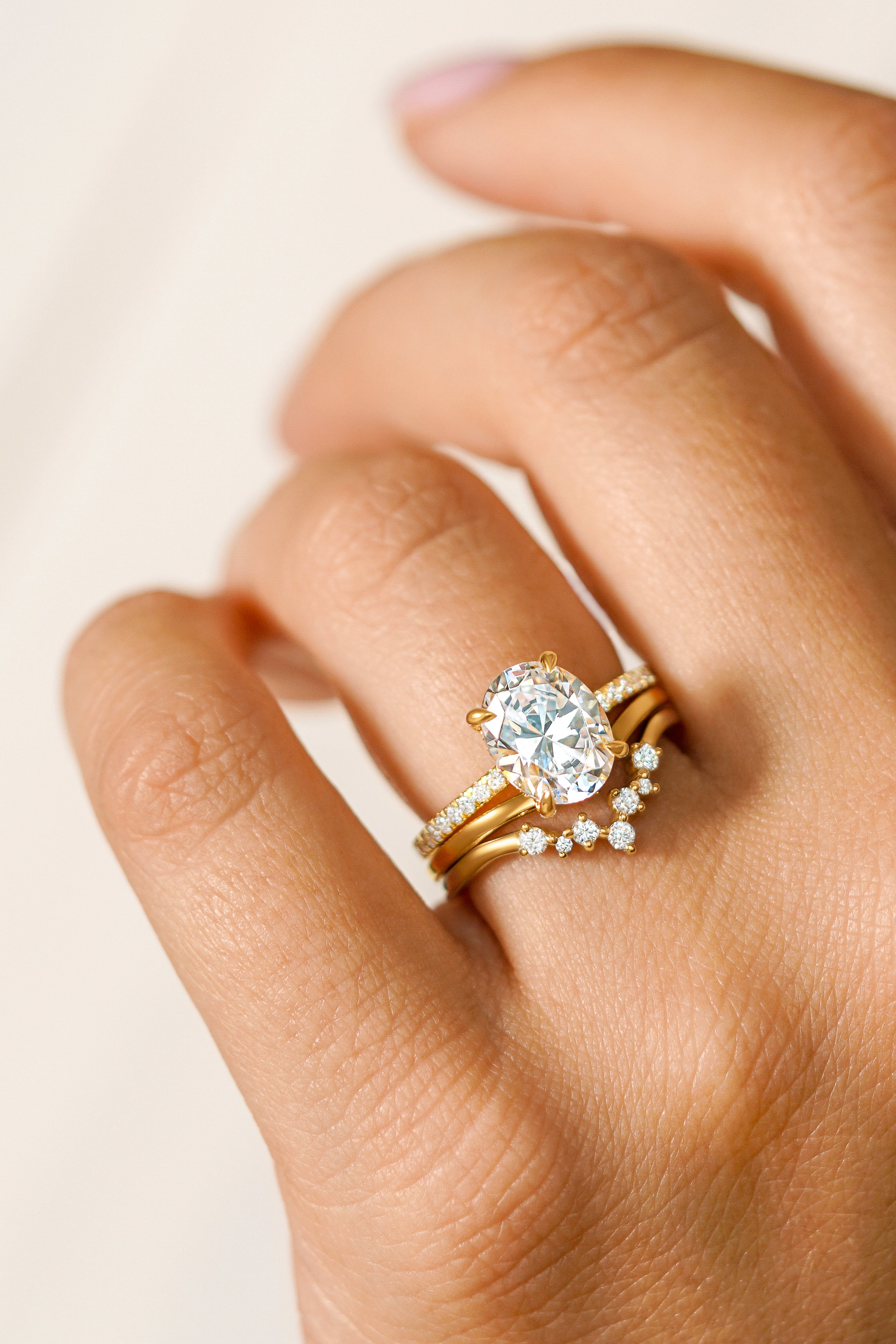
Diamonds
Jewelry is another part of the movement. Lab-grown diamonds once were considered less luxe, but the sustainability benefits of lab-grown have shattered that notion. Jordana Jaffe at Brilliant Earth, a national retailer for ethically sourced jewelry, says millennial and Gen-Z buyers are driving the trend in eco-friendly diamonds. “They are looking for full transparency and traceability in sourcing and origins of our products,” says Jaffe, who adds that the company’s lab-grown diamonds display the same physical, chemical, and optical characteristics as natural stones.
The best way to embrace sustainability for a special event is simply to give it a try. “Each effort may seem like a small step,” says baker MacIsaac, “but every bit adds up.”
This article appears in the August 2021 issue of Washingtonian.

